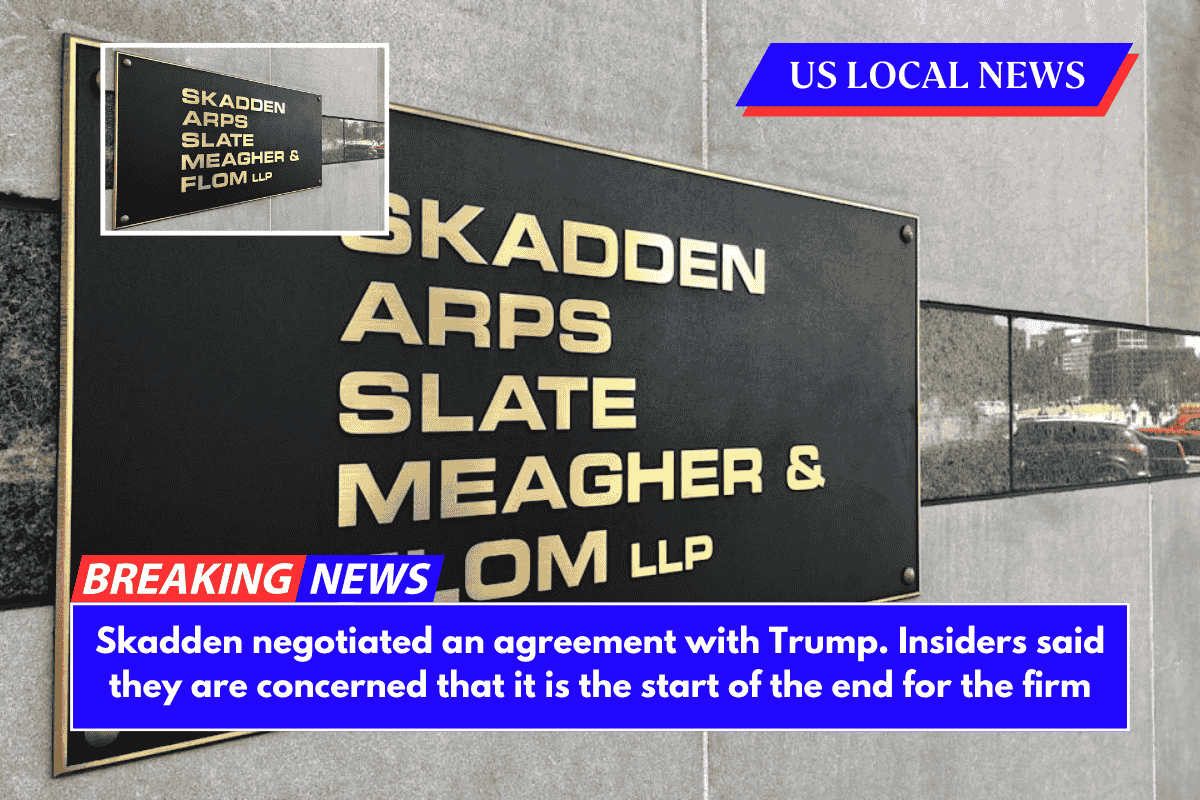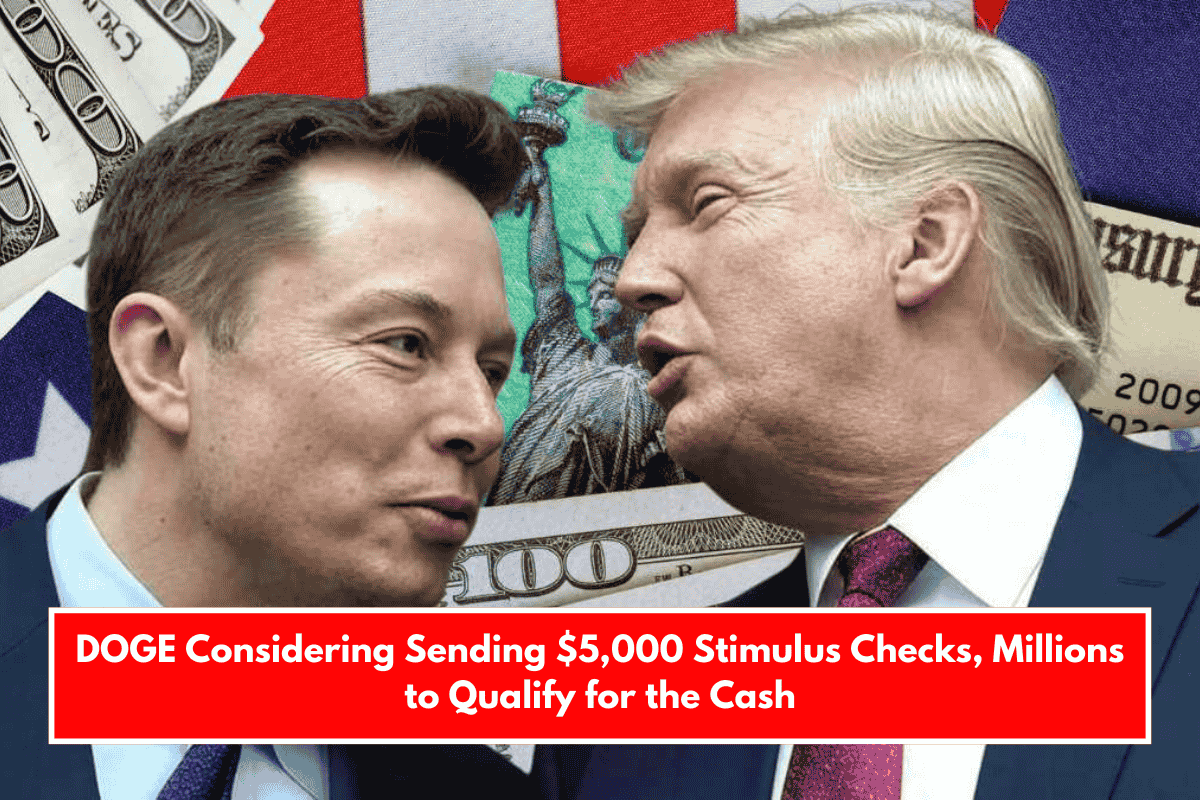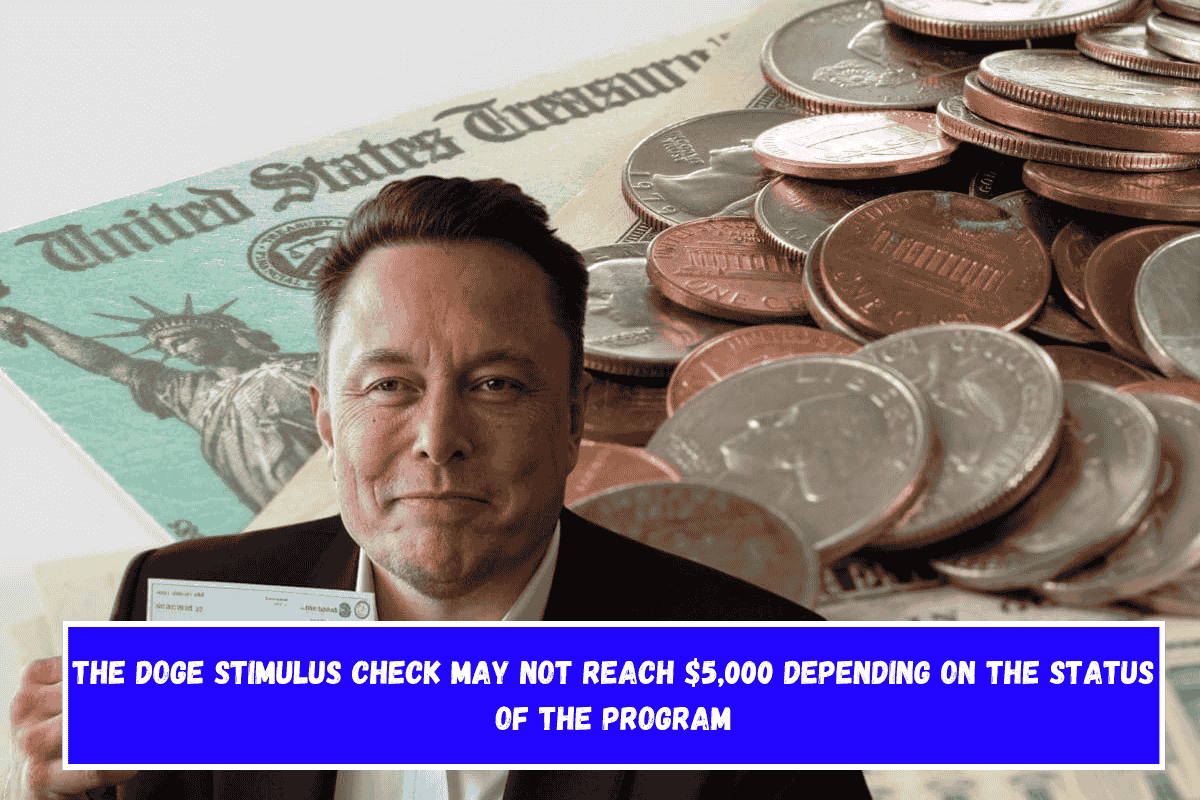WASHINGTON – Devon Archer, a former business associate of former President Joe Biden’s son Hunter Biden, was pardoned by President Donald Trump after being convicted of fraud against a Native American tribe involving more than $60 million in bonds.
Trump said he had heard from “many people” that Archer was treated unfairly because he testified for congressional Republicans investigating former President Joe Biden and his son Hunter’s business dealings.
“They think he was treated very unfairly,” Trump said of his advisers. “From my perspective, he was a victim of a crime. So we are going to undo it.
“Congratulations, Devon,” Trump exclaimed, holding the paperwork aloft after signing it at the White House.
Archer was convicted of fraud with a Native American tribe
Archer and others were convicted of conspiring in a fraudulent scheme to have the Wakpamni Lake Community Corp. issue a series of worthless bonds “through lies and misrepresentations,” deceive investors into buying the bonds, and then misappropriate the proceeds, according to federal prosecutors.
Archer was sentenced to a year and one day in prison. He was also ordered to forfeit $15.7 million and make restitution of $43.4 million.
Joe and Hunter Biden have denied that the former president benefited from the son’s business dealings. Hunter Biden was not charged in the fraud case.
Prosecutors who charged Hunter Biden with tax and gun crimes claimed he had no influence over federal policy. Prior to leaving office, the president pardoned his son.
Archer testified in GOP probe about Hunter Biden’s relationship with his father
In July 2023, Archer testified before the House Oversight and Accountability Committee that Hunter Biden had persuaded his father, Joe Biden, to attend dinners or join calls more than 20 times in order to demonstrate the son’s access to power and influence.
However, Archer testified that the conversations were generally “about geography, about the weather, whatever it may be,” rather than a business deal being discussed.
Archer described his conviction as the result of a “indisputably complex case” in which another defendant, Jason Galanis, pleaded guilty and admitted to being the “mastermind of the conspiracy and serial fraudster.”
Archer had petitioned the Supreme Court to overturn his conviction, but the court denied his request in January 2024.





















